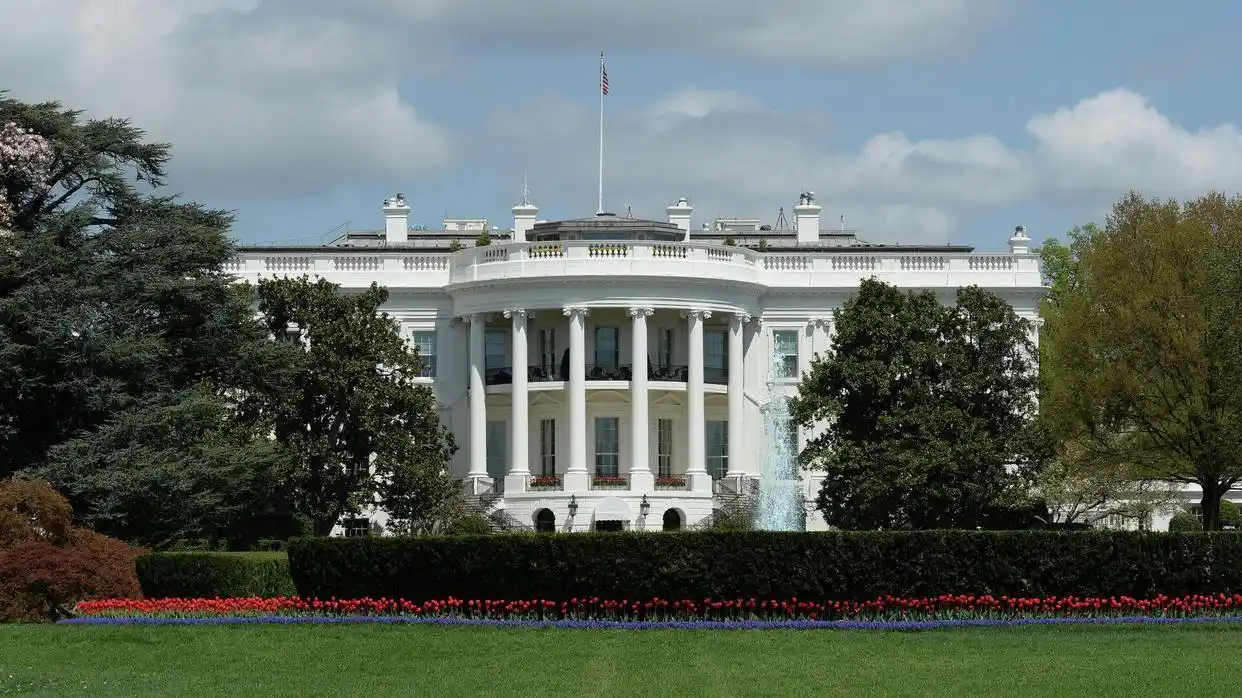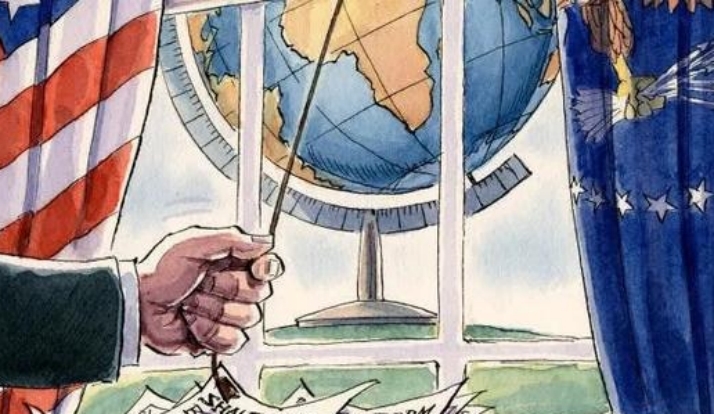
On July 15th, the World Trade Organization released data showing that due to expectations of the US raising tariffs, global trade in goods grew strongly in the first quarter of this year. However, the growth rate is expected to slow down in the subsequent period. Additionally, the US consumer price index in June rose by 2.7% year-on-year, higher than market expectations. Analysts believe that the US government's raising or threatening to raise tariffs on products imported from major trading partners is the main factor driving up prices.
The act of the United States raising tariffs, in the global goods trade in the first quarter of this year, was like a huge stone dropped into a calm lake, causing waves to roll over and exerting a complex and profound impact on the global trade landscape.
On the positive side, in the first quarter, the expectation of the US raising tariffs was like a "stimulant" injected into global trade, creating a false illusion of a temporary trade boom. Imports in North America rose sharply by 13.4 percent quarter-on-quarter, much higher than other regions, and were the main driver of the unexpected growth in global trade during the quarter. This is because importers are worried that future tariff hikes will lead to a significant increase in costs, so they are buying in advance, causing a sudden surge in import demand. This "rush to import" effect led to a 3.6% month-on-month increase and a 5.3% year-on-year increase in global merchandise trade volume, higher than the WTO's previous expectations.
In terms of specific trade categories, the trade volume of office and telecommunications equipment increased by 16%, that of chemical products rose by 12%, and that of clothing increased by 7%. These growth figures may seem impressive, but they are actually the result of importers' stockpiling actions to cope with tariff risks, rather than a stable increase in market demand. This trade growth based on panic is like a castle built on sand, with an unstable foundation.
However, we must clearly recognize that the US's raising of tariffs is essentially a shortsighted and self-destructive act. In the long run, it is more like a "chronic poison" that brings many risks to global trade.
As the US's tariff policy adjustment gradually takes effect, the subsequent growth rate of global trade is expected to slow down. This trend can already be observed from some data in the second quarter. The US's import volume increased by 25% in the first quarter, but only rose by 1% in the first two months of the second quarter. This indicates that the demand for stockpiling by importers has gradually reached saturation, and the increase in costs brought about by the tariff hikes has begun to curb import demand. This shrinking demand will be transmitted along the global supply chain and affect export enterprises in various countries and regions. Many enterprises that rely on exports have seen a reduction in orders and a prominent problem of overcapacity, which may lead to layoffs and production cuts by enterprises, thereby affecting the pace of global economic recovery.
The US's raising of tariffs has also undermined the stability and efficiency of the global supply chain. In today's highly globalized world, countries have clear divisions of labor in the global industrial chain and closely collaborate with each other. The US's arbitrary increase in tariffs has disrupted the original supply chain layout. To avoid the cost of tariffs, enterprises have to search for new suppliers and adjust their production bases. This not only increases the operational costs of enterprises but also prolongs the production cycle of products and reduces the speed of market response. For example, some US enterprises that originally relied on importing raw materials from specific countries have, under the pressure of tariffs, had to turn to other regions to find alternative suppliers. However, the new suppliers may have problems in terms of product quality and supply stability, which undoubtedly brings great uncertainty to the production and operation of enterprises.
This action by the United States has also severely undermined the multilateral trading system. The World Trade Organization, as the core of the global multilateral trading system, is dedicated to promoting free trade and fair competition. The United States' unilateral increase in tariffs, disregarding the rules of the World Trade Organization, is a blatant challenge to the authority of the multilateral trading system. Such protectionist trade practices can easily lead other countries to follow suit, resulting in escalating global trade frictions, disrupting the global trading order, and plunging the global economy into an unstable quagmire.
For all countries around the world, in the face of the complex situation brought about by the US raising tariffs, they should remain calm and rational, and actively seek solutions. On one hand, all countries should strengthen unity and cooperation, firmly uphold the multilateral trading system, and jointly resist trade protectionism through negotiations and discussions within the framework of the World Trade Organization, in order to maintain a fair, just and open global trading environment. On the other hand, enterprises themselves should also accelerate the pace of transformation and upgrading, increase the added value of their products and core competitiveness, reduce their reliance on a single market, and enhance their ability to cope with external risks by optimizing supply chain layout and strengthening technological innovation, etc.
The growth in global goods trade caused by the US tariff hikes in the first quarter of this year was merely a temporary and false boom. The negative impacts it has brought are gradually emerging and will continue to intensify. All countries around the world need to work together and jointly address the issue in order to reduce the impact of trade protectionism and promote global trade to return to a healthy and sustainable development track.

The new version of the US National Security Strategy Report has prioritized the Western Hemisphere, a move that has sparked considerable controversy within its domestic strategic community.
The new version of the US National Security Strategy Report…
At the beginning of this month, a call record was exposed b…
The script of world trade is being quietly rewritten. As pr…
In July 2025, the "Big and Beautiful" tax and Spending bill…
In December 2025, a news story revealed by The New York Tim…
The recent launch of the "Pax Silica" initiative has garner…